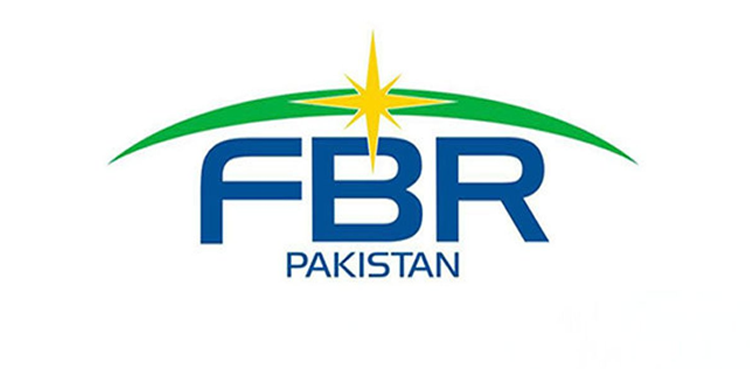ISLAMABAD: The Federal Board of Revenue (FBR) of Pakistan has decided to launch a major crackdown against tax evaders and those involved in tax fraud, ARY News reported citing sources.
According to sources, the FBR has acquired additional powers to investigate tax fraud cases across Pakistan. Internet and telecom companies, as well as the Pakistan Telecommunication Authority (PTA), will now be bound to provide information to the FBR upon request.
Commissioners will be entitled to access any necessary data during inquiries or tax investigations in Pakistan. The FBR will now have access to information about internet subscribers in Pakistan and can obtain data from any internet service provider operating in the country.
Telecom operators and the PTA will also be required to share consumer data when needed for tax fraud investigations in Pakistan.
Furthermore, the FBR will appoint experts and auditors for audits or tax case investigations.
Private auditors will be bound to maintain the confidentiality of registered taxpayers’ data. Any leak of tax information by private auditors will lead to penalties and legal action.
The amended law will also apply to private-sector experts and auditors, in addition to existing restrictions on government officials, who are already prohibited from disclosing taxpayer information.
The FBR board or commissioners will appoint experts to assist in cases or valuations, with the aim of improving the quality and efficiency of tax-related work in Pakistan.
Also Read: FBR to appoint 102 experts for ‘field audits in 42 industries’
Earlier, FBR reportedly announced plans to hire 102 sector and audit experts across 42 key sectors to carry out field audits of major industries in Pakistan.
The targeted sectors include automotive, aviation, banking, beverages, cement, ceramics, chemicals, coal, departmental stores, edible oil, education, electronics, fertilizers, flour mills, food imports, IT, manufacturing, paper and packaging, plastics, poultry, power, real estate, restaurants and marquees, rice mills, services, sugar, tea, telecom, textiles, and tobacco, among others.

Leave a Reply